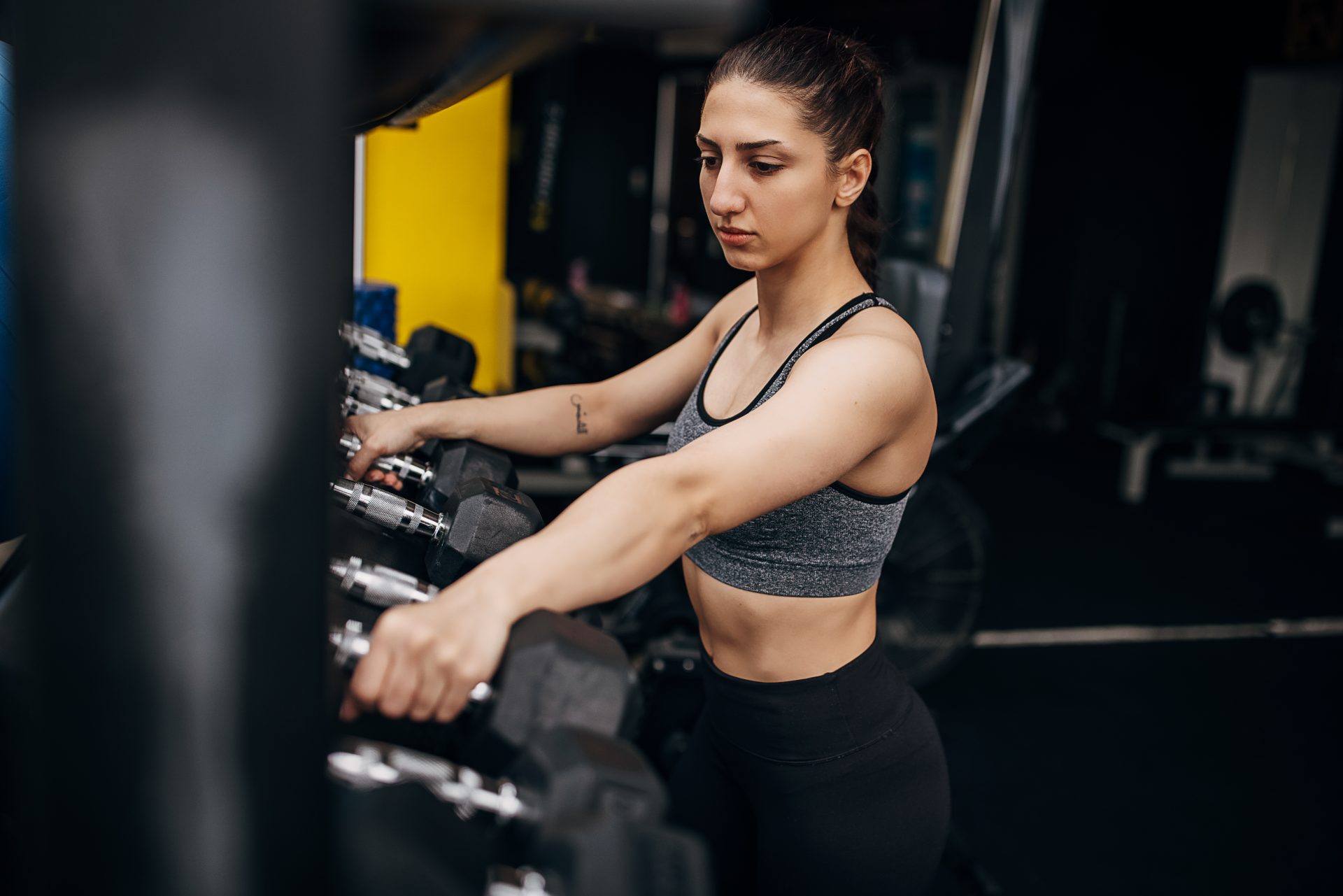
We’re always told we should getting better and better, but is maintaining your fitness levels OK too?
We are inundated with tips on how to improve our fitness, get stronger and run faster. Striving for that is no bad thing, and it’s natural to want to get better at your chosen sport or hobby. In fact, hitting new PBs is what keeps many people motivated enough to continue turning up to the gym or lacing up for a run. But amid the constant conversation around boosting performance, there’s a question missing: do we need to keep progressing?
Basic science dictates the more you move, the fitter you’ll become. But when things plateau, you need to increase the intensity of your work to keep making gains. For someone who goes to the gym, that might mean upping the weights or the reps. If you’re a runner, it might mean spending longer on your feet. But the journey to improved fitness is rarely linear: we don’t get better every single time we go into the gym, but our performance tends to ebb and flow depending on sleep, nutrition, recovery, hormones and stress.
You may also like
Why does exercise feel easy one day and hard the next?
“Improving your fitness is more about the trends you are personally seeing, rather than what your absolute numbers are,” says Dr Juliet McGratten, author of Sorted: The Active Woman’s Guide to Health. “That in itself is rewarding, and that’s actually more important than the actual number of how much you lift.”
But what about for those who really don’t care about getting better? If exercise isn’t your hobby and you just get your movement done for health reasons or you simply enjoy taking it slower, is it OK to not see this progress over time? Dr Hayley Legg, a strength and conditioning lecturer at St Mary’s College, used to think not. But her mindset on this shifted: “I used to work in performance, and thought strength was in the ability to lift heavy loads. Now, as my focus has shifted to public health, I see it differently. To me, fitness is about the ability to be independent for as long as possible, and that means maintaining strength.”

We need to think about fitness as something across our whole life. When we talk about getting better in sport, we might be thinking from one week to the next, or over the course of a three-month programme. But as we age over the decades, we lose strength.
For the general population, this starts happening after secondary school, when women’s activity levels tend to decline. In their 30s and 40s, fitness tends to take a sharper decline. “Many women are then stuck on a gradual slope of losing fitness through every decade,” Dr Legg says. “These people don’t need to be training like an athlete, they need to just be active enough to maintain their strength so they don’t have to face frailty or associated diseases”.
You may also like
What does being ‘fit’ even mean anymore?
Saying that, running the same 5k time at 50 as you did at 30 isn’t a sign that you’ve plateaued. In fact, it probably means you’re fitter, as it is harder and more strenuous for the body to maintain that pace twenty years later.
“The ability to maintain year on year is a good sign,” says Dr Legg. “We should come at our training from the angle of ‘how much do I need to do to be functional for the rest of my life?’”
There’s nothing wrong with continuously selecting the same dumbbell size in your weekly strength workout or running at the same pace for a month. So long as you’re meeting the basic activity guidelines, you’ll be supporting your health. But if you want to be able to maintain your fitness for life, doing more now is going to be beneficial to protect your body later. That doesn’t mean pushing yourself to extremes, just adapting your training as your body naturally improves to your workouts.
Dr Legg likes to think of our fitness as a cake: “We need to keep that cake as full as possible. But every year, a slice will get taken away. We don’t always need a bigger cake, we just need to keep enough slices – that is our physiological reserves – so that we can carry on carrying out our day-to-day activities independently.”
Images: Getty
Source: Read Full Article